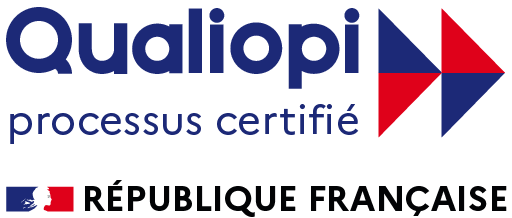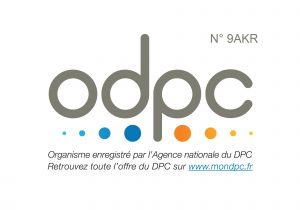Spaeder, Michael C. MD; Klugman, Darren MD; Skurow-Todd, Kami MSN; Glass, Penny PhD; Jonas, Richard A. MD; Donofrio, Mary T. MD
Abstract
Objectives: To evaluate the value of perioperative cerebral near-infrared spectroscopy monitoring using variability analysis in the prediction of neurodevelopmental outcomes in neonates undergoing surgery for congenital heart disease.
Design: Retrospective cohort study.
Setting: Urban, academic, tertiary-care children’s hospital.
Patients: Neonates undergoing surgery with cardiopulmonary bypass for congenital heart disease.
Interventions: Perioperative monitoring of continuous cerebral tissue oxygenation index by near-infrared spectroscopy and subsequent neurodevelopmental testing at 6, 15, and 21 months of age.
Measurements and Main Results: We developed a new measure, cerebral tissue oxygenation index variability, using the root mean of successive squared differences of averaged 1-minute cerebral tissue oxygenation index values for both the intraoperative and first 24-hours postoperative phases of monitoring. There were 62 neonates who underwent cerebral tissue oxygenation index monitoring during surgery for congenital heart disease and 44 underwent subsequent neurodevelopmental testing (12 did not survive until testing and six were lost to follow-up). Among the 44 monitored patients who underwent neurodevelopmental testing, 20 (45%) had abnormal neurodevelopmental indices. Patients with abnormal neurodevelopmental indices had lower postoperative cerebral tissue oxygenation index variability when compared with patients with normal indices (p = 0.01). Adjusting for class of congenital heart disease and duration of deep hypothermic circulatory arrest, lower postoperative cerebral tissue oxygenation index variability was associated with poor neurodevelopmental outcome (p = 0.02).
Conclusions: We found reduced postoperative cerebral tissue oxygenation index variability in neonatal survivors of congenital heart disease surgery with poor neurodevelopmental outcomes. We hypothesize that reduced cerebral tissue oxygenation index variability may be a surrogate for impaired cerebral metabolic autoregulation in the immediate postoperative period. Further research is needed to investigate clinical implications of this finding and opportunities for using this measure to drive therapeutic interventions.
(C)2017The Society of Critical Care Medicine and the World Federation of Pediatric Intensive and Critical Care Societies


